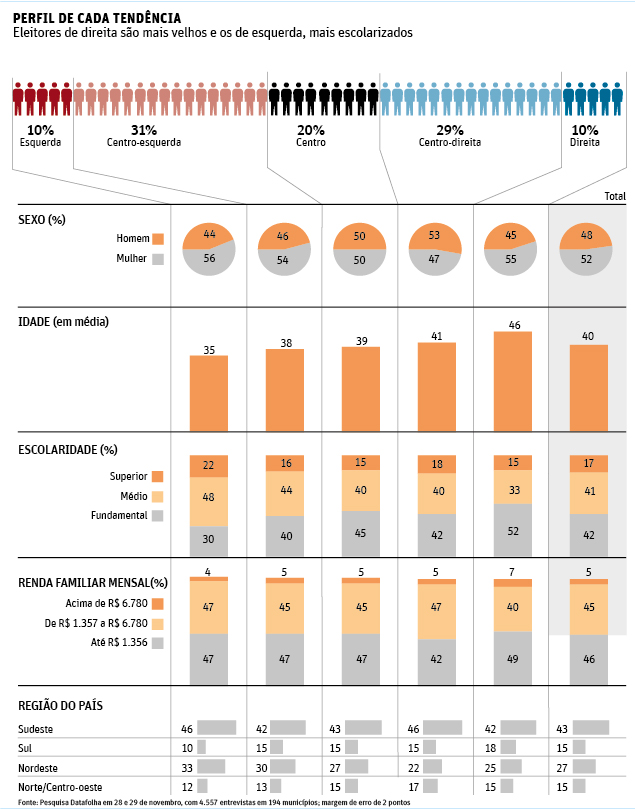Está certa a presidente Dilma quando cobra do presidente americano uma explicação sobre a espionagem, pois essa bisbilhotagem eletrônica tem mais interesse industrial do que o alegado de terrorismo. Há muito isso existe, mas em tempos modernos os americanos estão usando todas suas empresas privadas com Google e Facebook como mecanismo de captura de informações, mas não terá nenhum efeito prático..
No entanto, lutar por independência em tempos modernos requer que nossos dirigentes tomem a decisão e se lancem em um forte esforço nacional de desenvolvimento em C&T, da nossa industria de fármacos, da industria bélica, da geração de energia etc, para superar as desigualdades entre os países.
Inovação é um caminho eficiente.
Mas para isso é fundamental desenvolver e aplicar recursos em um sistema de educação do povo brasileiro que nos liberte dessas amarras do subdesenvolvimento educacional pouco inventivo e de imitação da educação estrangeira.
As escolas e Universidades no Brasil não educam nossos filhos para soluções de problemas locais e nem mesmo para a criatividade e inovação. Sem educar objetivamente e inovar em todos os níveis não criaremos produtos e soluções para nossa real independência.
http://youtu.be/rOvK3yaHZhA
Hino da Independência
Já podeis da Pátria filhos,
Ver contente a mãe gentil;
Já raiou a liberdade
No horizonte do Brasil
Já raiou a liberdade,
Já raiou a liberdade
No horizonte do Brasil.
Brava gente brasileira!
Longe vá temor servil
Ou ficar a Pátria livre
Ou morrer pelo Brasil;
Ou ficar a Pátria livre,
Ou morrer pelo Brasil.
Os grilhões que nos forjava
Da perfídia astuto ardil,
Houve mão mais poderosa,
Zombou deles o Brasil;
Houve mão mais poderosa
Houve mão mais poderosa
Zombou deles o Brasil.
Brava gente brasileira!
Longe vá temor servil
Ou ficar a Pátria livre
Ou morrer pelo Brasil;
Ou ficar a Pátria livre,
Ou morrer pelo Brasil.
Não temais ímpias falanges
Que apresentam face hostil;
Vossos peitos, vossos braços
São muralhas do Brasil;
Vossos peitos, vossos braços
Vossos peitos, vossos braços
São muralhas do Brasil.
Brava gente brasileira!
Longe vá temor servil
Ou ficar a Pátria livre
Ou morrer pelo Brasil;
Ou ficar a Pátria livre,
Ou morrer pelo Brasil.
Parabéns, ó brasileiros!
Já, com garbo varonil,
Do universo entre as nações
Resplandece a do Brasil;
Do universo entre as nações
Do universo entre as nações
Resplandece a do Brasil.
Brava gente brasileira!
Longe vá temor servil
Ou ficar a Pátria livre
Ou morrer pelo Brasil;
Ou ficar a Pátria livre,
Ou morrer pelo Brasil.
Texto sobre
191 anos de independência
Por Tito Guarniere*
O Brasil completa 191 anos de vida soberana. Já fui mais otimista quanto ao nosso futuro. Cheguei a imaginar, um dia, que nos estava reservado um grande destino. Hoje não tenho mais a mesma certeza.
Nos meus melhores sonhos, uma vez conquistada a democracia, o país encetaria uma nova jornada histórica, de práticas políticas virtuosas, de governantes honestos e preparados, de uma sociedade civil vigorosa e participativa – fatores capazes de afastar para sempre as nossas mazelas seculares, dar início a um novo tempo, de exercício pleno da cidadania, de paz e justiça social.
Derrotamos a ditadura, de onde, inocentemente, pensamos que advinham todos os males. Em eleições diretas, entretanto, elegemos governantes que nada ficaram a dever, em pequenez, em miopia administrativa, em frouxidão moral, aos governantes biônicos da ditadura. Os partidos políticos, que eram para ser, na democracia, a expressão de correntes do pensamento social, de um conjunto de ideias políticas e de uma determinada visão de mundo, mal passam da condição de ajuntamentos aleatórios, formados por uns poucos homens e mulheres de bem, convivendo com uma multidão de oportunistas, interesseiros, quando não de canalhas completos. As bandalheiras se repetem monotonamente, para nossa humilhação e vergonha, causando estragos colossais nos cofres públicos – dinheiro que poderia minorar as agruras do povo.
Os governos, com as exceções de praxe, são constrangedoramente lenientes com práticas predatórias do erário, nos assaltos aos cofres públicos, no mau uso dos recursos, nos gastos inúteis, perdulários, parasitários. E quando faltam os recursos, lançam mão do truque manjado de promover o aumento da já insuportável carga tributária. O único departamento governamental eficiente – ilha de excelência – é o fisco, de todas as instâncias, aparato cada vez mais sofisticado para tomar o dinheiro do contribuinte.
A educação, a grande bandeira, a prioridade número um de todas as campanhas, logo nos primeiros meses de governo, volta a se arrastar na rotina vulgar, na modorra burocrática, encarcerada que está entre a inépcia de gestão e os interesses corporativos. Na saúde, fiquemos neste episódio emblemático, que resume tudo, do conchavo abjeto, obscuro, do governo, das autoridades da saúde e de Cuba socialista, e na degradação vil dos médicos cubanos importados.
Não temos projeto. Nos deslocamos lentamente, ciscando para os lados, como um galináceo. Testemunhamos, vez em quando, uma pequena melhora aqui, outra acolá, logo saudadas pelos governantes de plantão como soluções definitivas, gloriosas, redentoras. Mas nada indica o salto necessário, a necessária ousadia, a perseverança de métodos, planos e ações. Tudo se perde nas promessas dos governantes, na conversa fiada dos políticos, nos conflitos de mando e hegemonia, nos desvãos do poder e nos descaminhos da República.
Não há nada no horizonte, nos 191 anos de Independência, que permita sonhar com um amanhã radioso.
* “Tito Guarniere” publica suas crônicas semanalmente no jornal
O Sul, de Porto Alegre. Sob esse psudônimo está um advogado, político e jornalista que atuou por muitos anos em Santa Catarina. Foi deputado federal e senador. Trouxe pra cá esta crônica porque diz exatamente o que eu estava pretendendo dizer nesta Semana da Pátria.


 By Matt McGrathEnvironment correspondent, BBC News
By Matt McGrathEnvironment correspondent, BBC News Fuel subsidies to US farmers amounted to $1bn in 2011 says the ODI
Fuel subsidies to US farmers amounted to $1bn in 2011 says the ODI Changes to fuel subsidies in Indonesia lead to rioting earlier this year
Changes to fuel subsidies in Indonesia lead to rioting earlier this year
